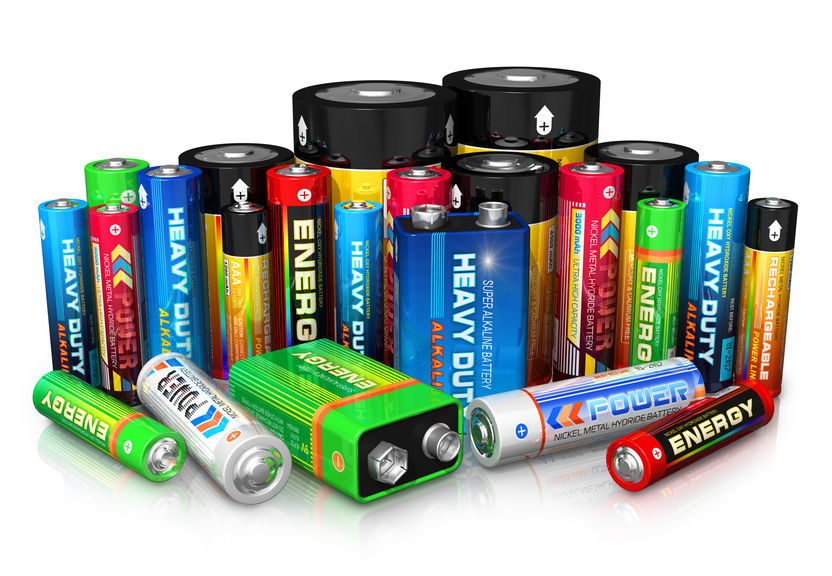Taking the burn out of battery disposal-
Batteries will soon be powering our lives! Actually, they already do to some extent. But with the advent of electric cars on the horizon and the increase in robotics and other electronic devices which are supposed to make our lives better, battery technology development is moving forward at a fantastic pace. Equally important is the technology needed to reuse and recycle these batteries, as we are about to face a “battery wave tsunami”(Wood, 2020). Most households today have several devices which run on alkaline batteries, which are a single use battery, or lithium-ion batteries which are rechargeable. It is possible that future generations will have double or triple that number.
Where Batteries Go To Die
When alkaline batteries are spent, they can simply be thrown in the trash. While the technology exists to recycle alkaline batteries, it is extremely expensive and hard to find. Most alkaline batteries collected are simply incinerated with other household hazardous waste. Lithium batteries are much easier to recycle, and have more valuable components. Unfortunately, they are also more dangerous to handle. Lithium batteries will often still carry enough of a charge to spark if damaged or incorrectly stored. Fires started by damaged or “zombie” batteries are becoming more and more frequent in the collection and recycling process. While other batteries such as “button” batteries and nickel-cadmium are not a fire hazard, they do contain hazardous materials and should also be collected at Pollution Solution or other certified battery collection sites.
How To Prep Them For Their Journey
Lithium batteries should have their contact ends taped with shipping or packing tape or placed in a plastic bag before dropping in a collection bin. Button batteries should be layered between two strips of packing tape. All other batteries except for alkaline batteries should also be taped on the contact end (the end with the bump) or placed in separate bags, such as a snack bag. In Randolph county, batteries are collected year round at Didier Hardware in Union City, Walmart in Winchester, and at Pollution Solution when it is open. For more information about preparing batteries for disposal see our Resource Guide.
What Are The Alternatives
The best way to minimize the environmental impact of the batteries that you use is to make sure that they are used correctly and disposed of properly. Think about the long range impact of the electronic devices you purchase, including how many batteries it will chew through, and what kind it takes. Whenever possible, use rechargeable batteries. Throw alkaline batteries in the trash, and be sure that all others are properly taped or bagged before disposal. Never throw devices with lithium batteries or the batteries themselves in the trash. Do your part to keep the battery fires from burning. For a deeper dive into this on going issue see this article below.
Amazon, Panasonic, and recycling start-ups prepare for battery wave tsunami


